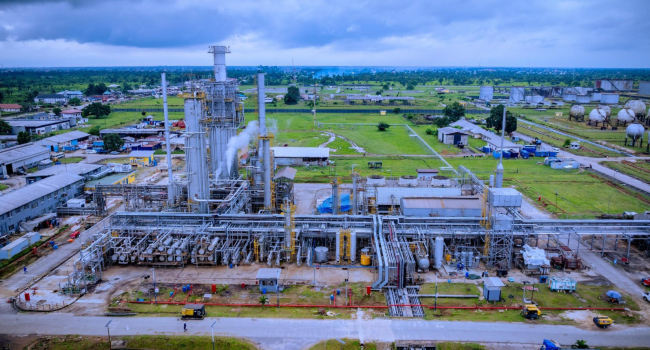Oil marketers, represented by the Petroleum Products Retail Outlets Owners Association of Nigeria (PETROAN), have called on the Federal Government to privatize government-owned refineries, foster competition, improve transparency and accountability, and invest in infrastructure to strengthen the operations of the downstream petroleum sector.
In particular, the marketers have urged the government to privatize the Warri and Kaduna refineries, which currently have a combined capacity of 125,000 barrels per day.
They also emphasized the need for the government to enforce local content development, enhance the effectiveness of Compressed Natural Gas (CNG) by 2025, and combat the smuggling of petroleum products. Additionally, they urged the government to prioritize improving access to crude oil for local refineries and recommended a N100 billion grant to support 10,000 businesses affected by the removal of fuel subsidies.
These recommendations were outlined in PETROAN’s 2024 retrospect and 2025 outlook document, released on Saturday in Abuja.
The report, signed by PETROAN’s National President Billy Gillis-Harry, National Secretary Adedibu Aderibigbe, and National Public Relations Officer Dr. Joseph Obele, stressed the importance of privatizing the refineries to enhance efficiency and reduce government expenditure.
PETROAN highlighted that privatization would foster a competitive market, encouraging new entrants and creating a level playing field to avoid monopolies and ensure fair pricing.
The organisation also called for a robust monitoring and evaluation framework to ensure compliance with regulatory standards and for continued investment in infrastructure, such as refineries, pipelines, and storage facilities, to reduce reliance on imported petroleum products.
ALSO READ: Tinubu promises to complete Eastern rail line
The marketers also advocated for increased support for indigenous companies and incentives for research and development in the downstream sector.
They urged the government to encourage private sector participation to increase access to funding and expertise, while reviewing regulatory frameworks to reduce operational costs and attract investment.
Furthermore, PETROAN called for greater stakeholder engagement and awareness campaigns to promote the adoption of CNG, as well as collaboration with neighboring countries to prevent smuggling and improve border security. They also proposed the use of digital tracking systems to monitor petroleum products from refineries to retail outlets.
In their report, PETROAN stressed that prioritizing access to crude oil for local refineries would boost Nigeria’s refining capacity and enhance energy security.
This strategic move is seen as essential for reducing dependence on imported products and driving economic growth. To further support the sector, PETROAN requested a N100 billion grant from President Bola Tinubu to help prevent the closure of 10,000 marketers’ businesses, which are threatened by the removal of fuel subsidies.
Looking back at 2024, PETROAN acknowledged significant achievements in the sector, including the deregulation of the market, the construction of new infrastructure, the rehabilitation of the Port Harcourt refinery, and the operational launch of the Dangote Refinery.
The marketers noted that Dangote Refinery’s competitive pricing initially pressured the NNPC Limited to adjust its pricing strategy, resulting in more stable and lower prices for consumers.
However, PETROAN also urged the government to address ongoing challenges, such as vandalism, inadequate infrastructure, the limited number of CNG stations, inefficient distribution networks, and the high operating costs associated with compressing and transporting natural gas.
NIGERIAN TRIBUNE
